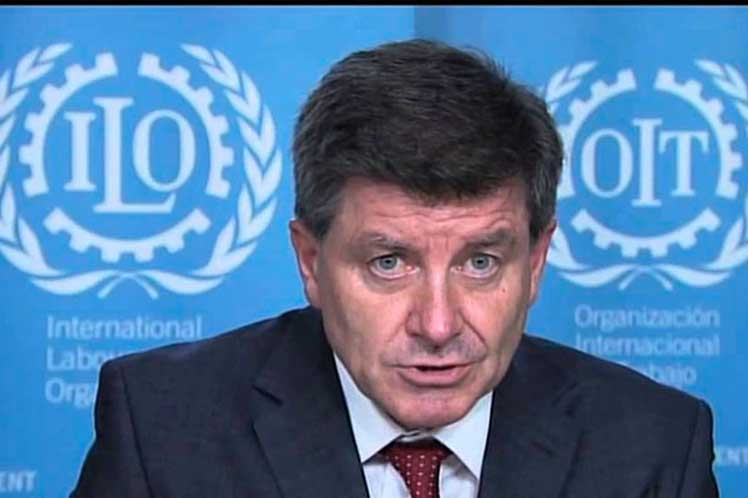It is about supporting a United Nations initiative coordinated by the International Labor Organization (ILO) in the backdrop of multiple and interrelated crises leading to sharp rises in the cost of living, particularly regarding the prices of food and energy, and spiraling levels of global debt.
The G20 Labor and Employment Ministers met and committed to strengthening labor protections to increase resilience for all workers, in the light of the new challenges created by digitalization and the climate crisis.
They also talked about equipping workers with the skills they need to harness opportunities in the digital and green economies, and welcomed the updated G20 Skills Strategy.
Participants also reaffirmed their commitment to accelerate and monitor the progress made in including more people with disabilities in the labor market.
Ryder referred to global labor market developments, as well as progress made towards the achievement of the G20 Brisbane goal to reduce the gender gap in labor force participation, and the Global Accelerator on Jobs and Social Protection for Just Transitions, an initiative originally launched in September 2021.
“A renewed collective effort is called for to better manage and eventually exit these crises, ensure that the benefits of globalization are more equally shared, within and across countries, and address the looming structural economic transformations that we know we must confront,” Ryder said.
According to the ILO chief, “It is urgent to implement a gender transformative policy effort to create more and better jobs for women.”
Speaking about the current state of the labor market, Ryder stressed that “with global inflation expected to remain high, the prospects for the purchasing power and standard of living of workers across the globe are very worrying,” a situation could evolve into broader instability.
jg/mgt/crc









